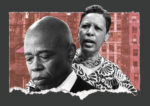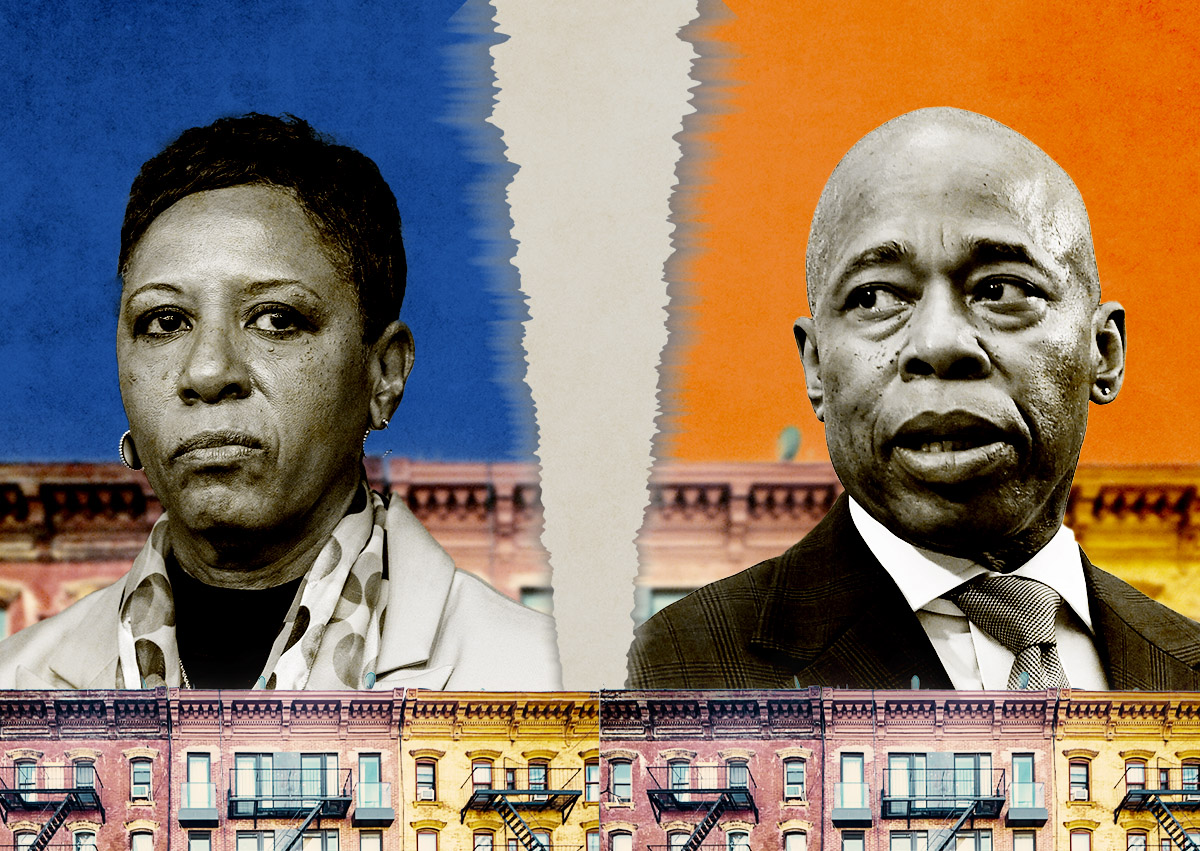The ball is now back in the City Council’s court.
In the fight over expanding city housing voucher eligibility, a state court judge on Thursday delivered a victory to the Adams administration.
State Supreme Court Judge Lyle Frank agreed that the City Council lacked the authority to expand voucher eligibility through laws it passed last year. The Adams administration argued that, according to state law, the power to enact social services policy lay with the City Department of Social Services.
For that reason, Frank found that the administration “beyond a reasonable doubt” showed that City Council’s laws were “invalid,” according to the decision.
Last May, the City Council passed a package of legislation that expanded the number of New Yorkers eligible for the City Fighting Homelessness and Eviction Prevention Supplement, or FHEPs. Some of the measures received support from real estate groups, who have generally supported expanding voucher access.
The mayor vetoed the bills, but the Council successfully overrode that decision. When the administration failed to implement the laws, the Legal Aid Society filed a lawsuit on behalf of four tenants, seeking to force the administration’s hand.
The lawsuit sought class action status, but Thursday’s decision deemed certification “inappropriate.”
The City Council, which intervened in the lawsuit, plans to appeal the decision.
“It’s unfortunate that Mayor Adams’ administration has fought to delay help to New Yorkers that can prevent them from evictions and homelessness amidst a housing crisis,” a spokesperson for the City Council said in a statement.
Robert Desir, a staff attorney with the Legal Aid Society, said that the group is considering an appeal. “We look forward to continuing to fight on behalf of our clients and all New Yorkers who are facing housing instability and who could benefit from these laws,” he said in a statement.
The measures called for a number of changes, including increasing income eligibility for vouchers, from a maximum income of 200 percent of the federal poverty level to 50 percent of the area median income. Another repealed a rule that required individuals and families to spend at least 90 days in homeless shelters before they can apply for CityFHEPS.
Thursday’s decision, and the prospect of a lengthy appeal process, could further complicate the mayor’s relationship with the City Council. This week Adams, in addressing a reporter’s question, rejected the idea that he has a “contentious” relationship with the City Council. Still, the fight over vouchers joins a list of other clashes with the body, including the mayor’s efforts to block the council’s law barring solitary confinement in city jails.
“While we are glad that the court agrees with our administration that these laws went beyond the City Council’s legislative authority, we are hopeful that our partners in the Council will join us in remaining committed to working to connect New Yorkers in need with safe, affordable, permanent housing,” a spokesperson for the mayor’s office said.
Read more



